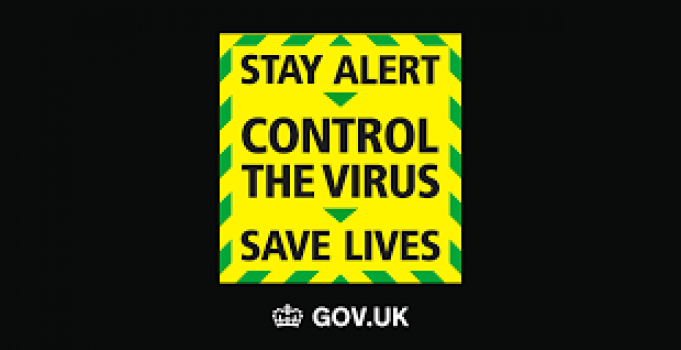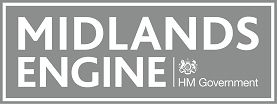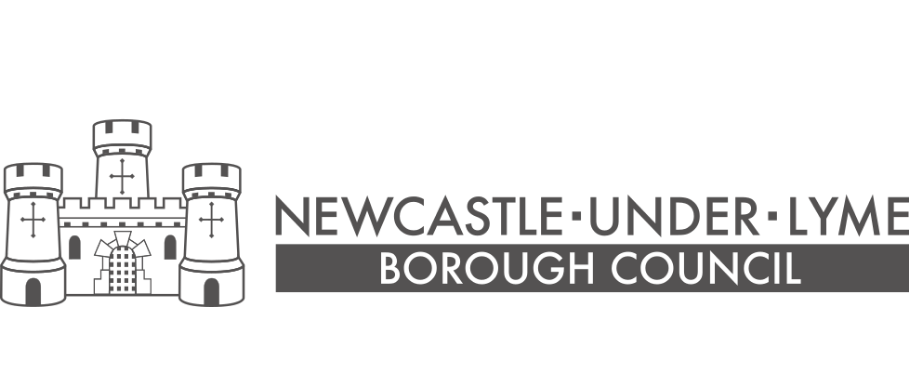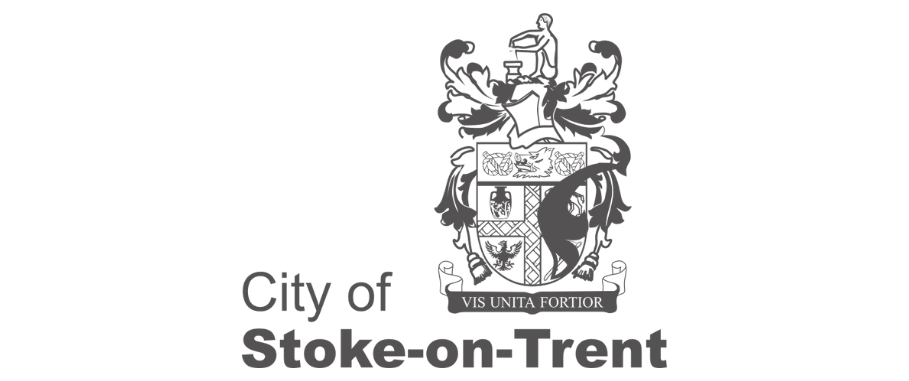
New Covid-19 restrictions and impact on businesses
New national Covid-19 restrictions were introduced on Thursday November 5.
To reduce social contact, the Government has ordered certain businesses and venues to close. These include:
- all non-essential retail, including, but not limited to clothing and electronics stores, vehicle showrooms, travel agents, betting shops, auction houses, tailors, car washes, tobacco and vape shops.
- indoor and outdoor leisure facilities such as bowling alleys, leisure centres and gyms, sports facilities including swimming pools, golf courses and driving ranges, dance studios, stables and riding centres, soft play facilities, climbing walls and climbing centres, archery and shooting ranges, water and theme parks.
- entertainment venues such as theatres, concert halls, cinemas, museums and galleries, casinos, adult gaming centres and arcades, bingo halls, bowling alleys, concert halls, zoos and other animal attractions, botanical gardens.
- personal care facilities such as hair, beauty and nail salons, tattoo parlours, spas, massage parlours, body and skin piercing services, non-medical acupuncture, and tanning salons.
Food shops, supermarkets, garden centres and certain other retailers providing essential goods and services can remain open. Essential retail should follow COVID-secure guidelines to protect customers, visitors and workers Non-essential retail can remain open for delivery to customers and click-and-collect. Hospitality venues like restaurants, bars and pubs must close, but can still provide takeaway and delivery services. However, takeaway of alcohol will not be allowed. Hotels, hostels and other accommodation should only open for those who have to travel for work purposes and for a limited number of other exemptions which will be set out in law.
Going to work: To help contain the virus, everyone who can work effectively from home must do so. Where people cannot do so (for instance people who work in critical national infrastructure, construction or manufacturing) they should continue to travel to work/attend their workplace. This is essential to keeping the country operating and supporting vital sectors and employers.


















